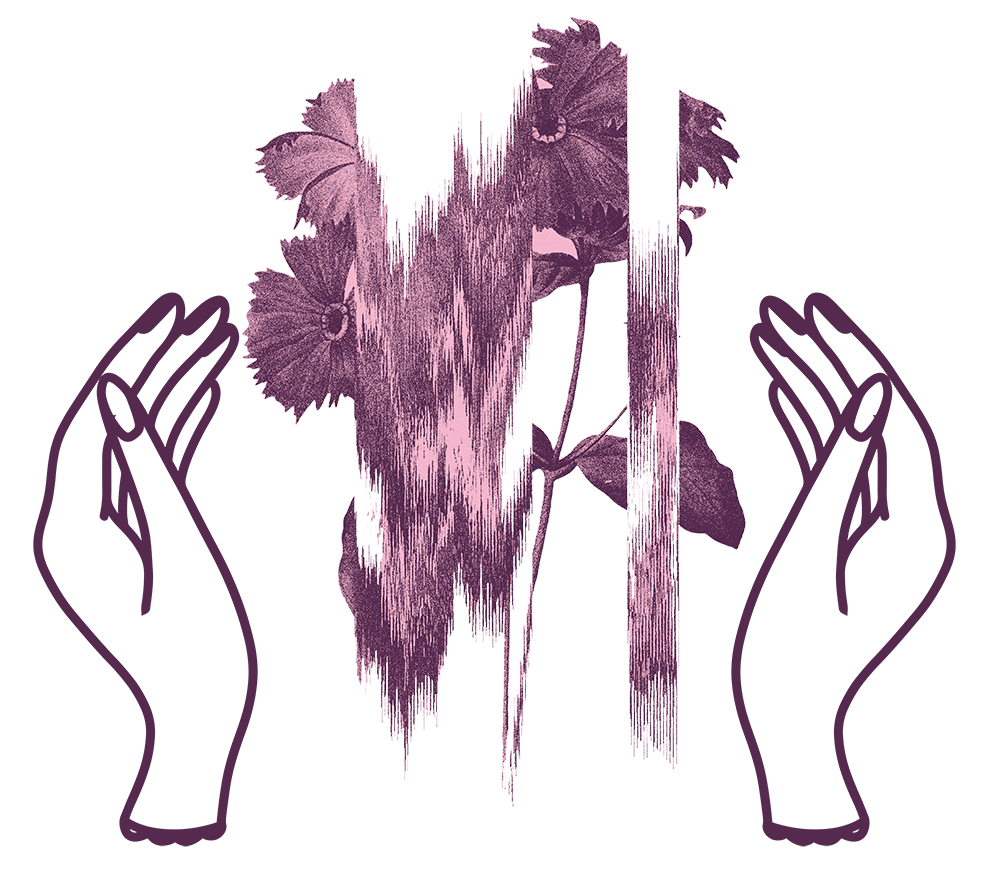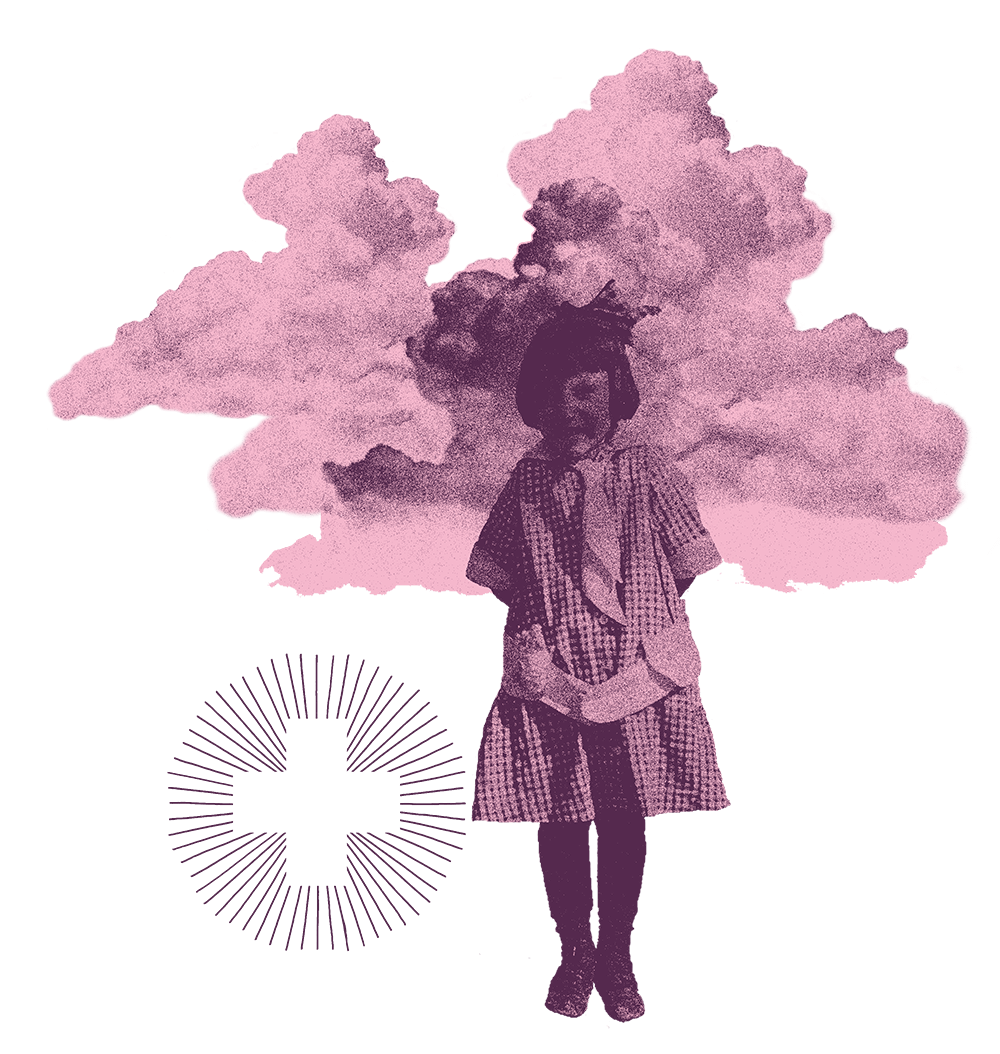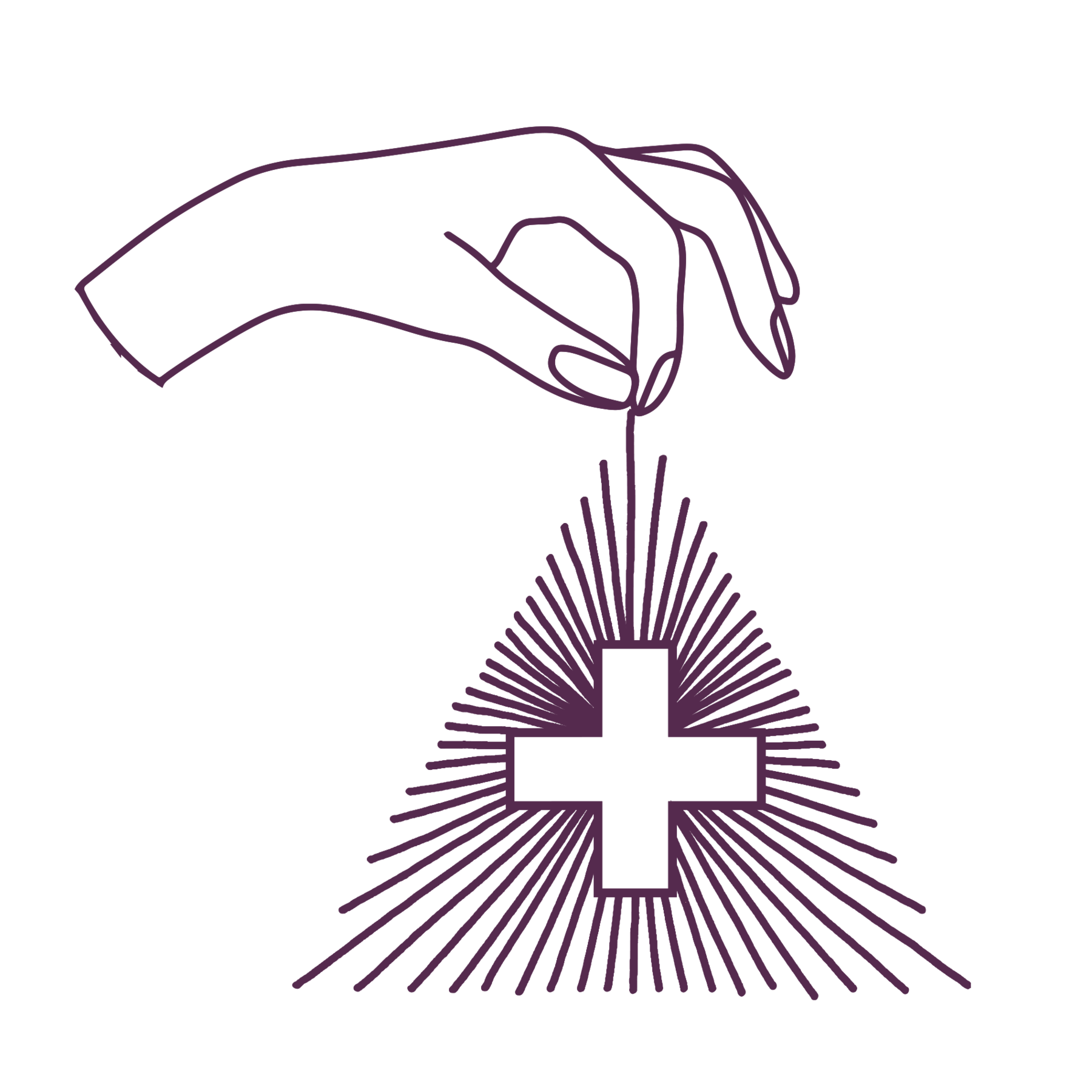Mental health fist aid
Mental health fist aid is a response to people facing a crisis in mental health. We are familiarized with immediate assistance in case of illness or injury. Likewise, we should understand the importance of mental health first aid.
Whether we are in a difficult situation or our friend, colleague, the first step is to recognize the signs of the crisis and know hot to react.
People with diagnosed mental illnesses may have encountered a mental health crisis or a worsening of an existing problem that led them to seek help, get diagnosed or get treated. However anyone can encounter such crisis. In that case we can feel confused, stressed and vulnerable. An immediate help is advasable. Signs can implicate serious anxiety, depression, and difficulties in everyday activities and work tasks.

We can all live and experience the crisis differently. Some of us can feel ashamed and the are avoiding contact with close ones, feeling extremely powerless and unable to participate in everyday life as usual. The differences in experiencing mental health crisis are through age spectrum and genders, every one of us can have a specific experience. Self-harm and suicide signs can be an extreme axample of such crisis.
We can all benefit from recognizing signs of worsening mental health and from learning the basic steps, to help ourselves or our friend or a member of the family to better cope with the situation. If you feel that you cannot help or that you are not ready to help the best way is to seek professional help. It asks lots of courage and strength to ask for help when needed.
Crisis and possible response to it
When we encounter a mental health crisis for the first time, we have the opportunity to use practices that have worked well in the past or to adopt new strategies. Self-help is an important part of coping with a crisis situation because it is based on personal experience and is tailor-made for each of us. What may be a suitable compensation strategy for one may not work for the others. We each work differently, and we each have different techniques for coping with stress.1
Strategies that can be used in stress and crisis management:
- Admitting emotions, whether positive or negative. Controlling one's emotions is not always a sign of strength.
- Ability to share and communicate.
- Contact with one's own body. The body can give us the first sign that something is wrong. It can help us know where the limits of certain situations are.
- Awareness of one's own needs.
- Awareness of one's own boundaries - assertiveness.
- Orientation in the situation with the use of available resources and information.
- Ability to use one's own older experience.
- Ability to use the experience of close ones: an important part of the settlement process is to resolve the crisis with family or friends.
- Openness to unusual creative solutions, the involvement of imagination.
- Use of patterns of collective behavior, such as social rituals.
- Faith and hope.2
First aid techniques may, for instance, include:
- Anxiety busting technique.
- Destress technique.
- Progressive muscle relaxation.
- Box breathing relaxation technique.
- Other breathing techniques.
Further, we list effective applications that you can use not only if you are in crisis:
Awareness of changes in children's behaviour
Here are some main signs and symptoms which can indicate a child may be having a mental health crisis and could benefit from help and support:
- Mood changes featuring sadness or withdrawal which damage relationships (e.g. lack of friends) and/or last longer than 2 weeks
- Increased tardiness or absences
- More intense feelings of anger, anxiety, fear, sadness or euphoria
- Changes in behavior or personality (especially risky behavior, substance abuse, fighting)
- Poor concentration, being constantly distracted, distant, unresponsive, or disconnected
- Unexpected weight changes, frequent vomiting, repeated bathroom visits, chronic headaches, or stomach problems
- Self-harm behaviors, suicidal thoughts or ideas
Read more in the handout: Signs and symptoms of child and adolescent mental health problems.

Tips for talking to children and adolescents about mental health problems
Prevention and readiness (including crisis response plan, tips for talking about mental health problems)
Talking openly about mental health with children is really important: if they’re aware of what mental health problems are, it will help them to understand their own wellbeing and what’s going on with their family and friends. It can be difficult to know where to start, but being open about mental health will really pay off. Important tips to remember when talking to children and adolescents are:
- Making the discussion relatable is vital to building a safe, honest conversation for young people.
- How and where you choose to talk is important - a comfortable, relaxed and non-confrontational environment is key.
- Talking about sensitive subjects does not make kids more vulnerable - discussing difficult topics is helpful, not hurtful to children and adolescents who are struggling.
Who to contact?
Mental health is a subject of multiple specialists and different practices. It might be confusing and hard to choose where to call or address your request.
We list below few professions that are frequently associated with mental health. There is an appropriate help for everyone. If the first contact doesn't suit your situation, don't give up and try another one.

Psychotherapist
Professional that is trained to treat people for their emotioanl problems. With a therapeutic training psychoterapist may specialize in psychoanalytics, systemic therapy or gestalt, talk terapy or use a combination of different approaches and techniques for providing therapy to improve the life and mental wellbeing of their clients. Depending on their academic degree psychotherpist can be a psychiatrist, psychologst or social worker and work with individuals, couples, families or groups.
Main reasons to seek psychotherapy:
- Realationships and family issues (family or couple therapy.
- Long-term feeling of tention or stress.
- When we seek self-development.
- When we want to solve situations and conflicts from the past that affect us and worry.
- When we want to fight bothering fears, habits, or change some of our behaviour.
Psychologist
A psychologist has a university degree in psychology. He uses diagnostic methods and their evaluation. He provides consultations, depending on his orientation. Psychologists can work in schools, during recruitment processes or at medical institutions. Often a psychologist has a therapeutic training and provides therapy as well. There is a wide range of places where we can encounter psychologist, from individual practices and consultations to mental health institutions focused on specific probems.
Psychiatrist
Psychiatry is a specific field of medicine. Thus psychiatrist has a medical training and can prescribe medications used to treat specific mental illness. He can diagnose and evaluate mental and physical aspects of mental health issues.
Usually we turn to a psychiatrist with severe and urgent difficulties, of mental or physical character, it can be sleep difficulties, severe tiredness, signs of depression, severe anxiety. Signs and symptoms that prevent us from functioning well in everyday life, intense emotional issues, addictions, or any other behaviour harmful for you or to others.
We often encounter others professionals
General doctor - the first and easiest contact can be our doctor, who can provide general consulting and evaluation of our difficulties and direct us to specialized help.
Social worker - mental health issues can be connected with financial issues, social difficulties or work related problems. Social workers can help with specific problems and they can guide us within the steps that we need to undertake to change the actual situation. Such changes can lead to an improvement of our mental health state.
Peer consultant - Part of a team can be a tarined peer consultant, person with specific and individual experience with mental health issues. They can share and provide their experience with mental health illness and how to cope with it from a personal perspective.
Reference
Crisis and possible response to it
- and 2. Vodáčková, D. (2009). Krizová intervence: Krize v životě člověka. Formy krizové pomoci a služeb. PORTÁL sro.
